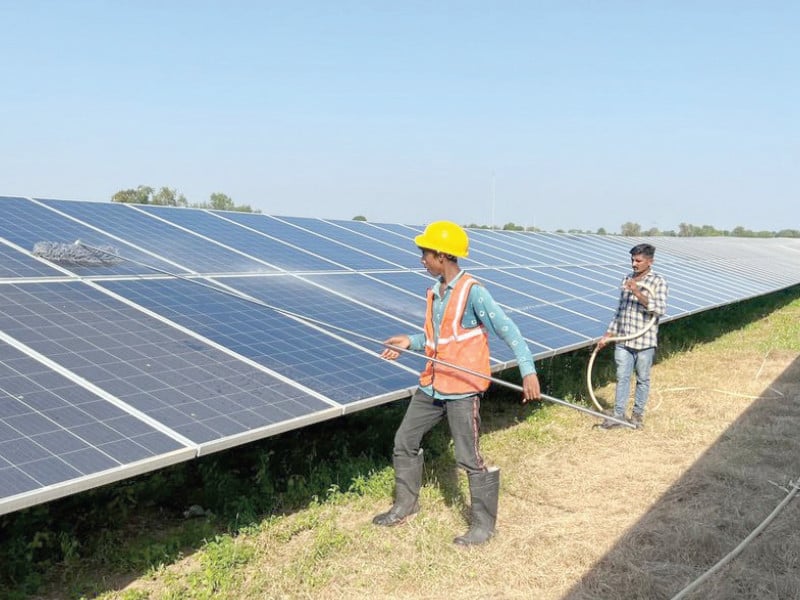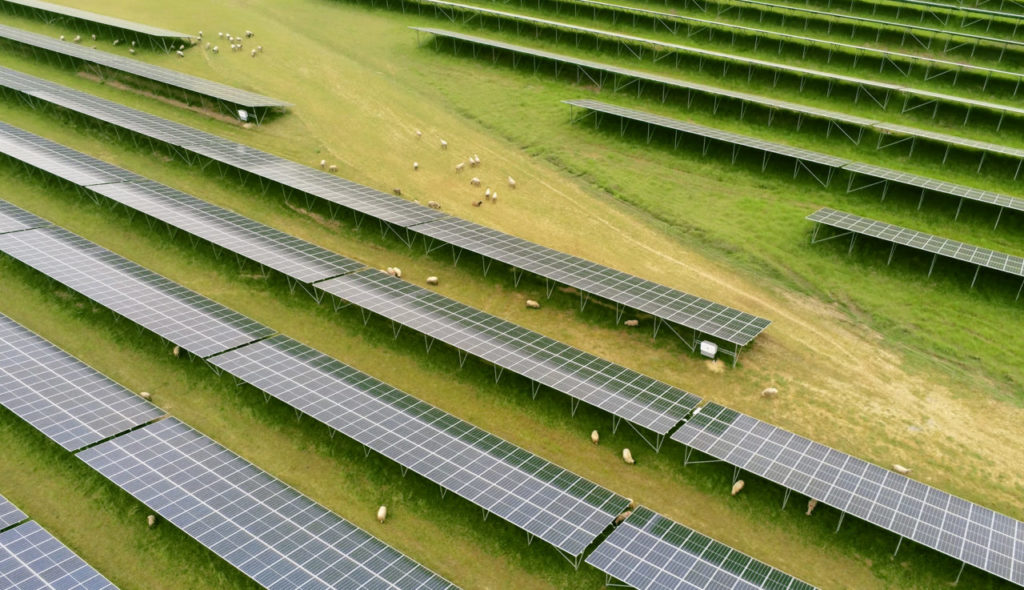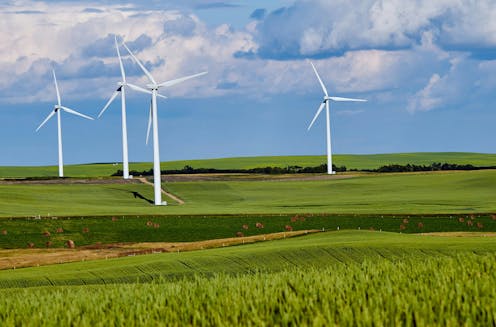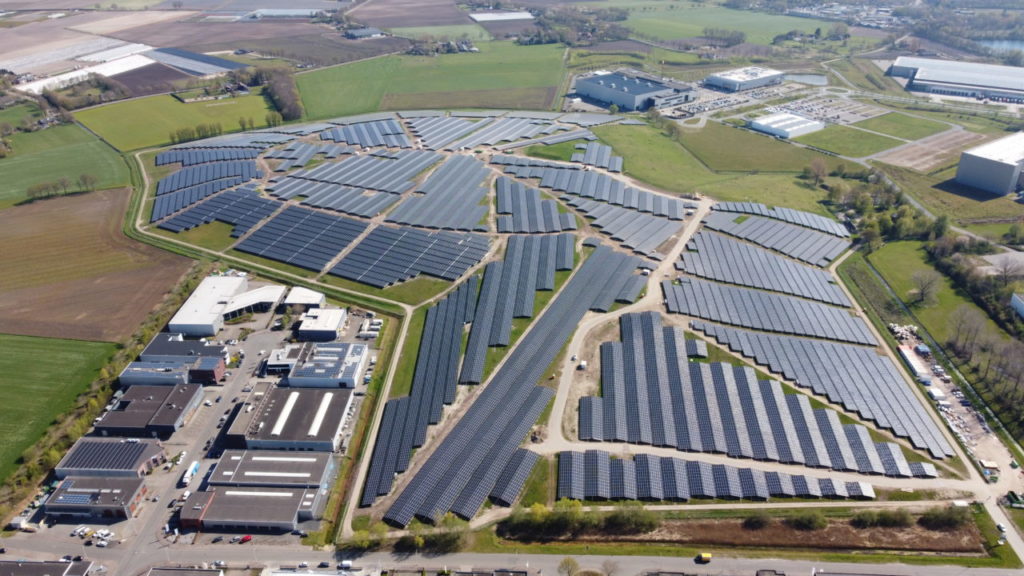Fourth Postponement Stalls Solar Energy Market Progress
The government’s delay in approving the solar manufacturing policy has impacted Sinotec Solar Corporation’s investment plans. Sinotec Solar, a leading U.S. solar panel manufacturer, plans to relocate its factory from Thailand and establish an advanced manufacturing plant for high-end solar panels. The Special Investment Facilitation Council (SIFC) had urged the government to address policy issues raised by Sinotec last October.
Economic Coordination Committee Postpones Approval
The Economic Coordination Committee (ECC) deferred the approval of the solar panel and allied equipment manufacturing policy 2024 for the fourth time. Initially, the Pakistan Democratic Movement (PDM) government moved the summary, but it was not approved. The ECC’s delays violate SIFC’s instructions to approve the policy, aiming to reduce reliance on imports.
Potential Savings and Local Manufacturing Benefits
Local manufacturing of solar panels could save up to $900 million annually once localization surpasses 50% of the panel value. Six solar power projects with a 430 MW capacity are operational, and projects totaling 461 MW are in planning stages. The Ministry of Industry proposed exemptions on duties and taxes for input materials and machinery, alongside increased import duties on finished solar panels, to encourage local manufacturing.
The Ministry of Industry highlights the cost disparity between imported and locally manufactured panels. Imported panels cost $0.15 to $0.20 per watt, whereas local manufacturing costs $0.22 per watt. Policy intervention is necessary to create a level playing field, allowing local companies to compete with established global brands.
Long-term Plan and Strategic Targets
The proposed 10-year policy includes annual targets for investment, production capacity, exports, and localization. Companies must provide bank guarantees equal to tariff and tax exemptions. The policy supports the localization of solar cells and sets ambitious production and export targets, with production reaching 10 billion units by the seventh year and export goals increasing to 90% by the ninth year.
The Ministry of Energy proposes a 10% customs duty on PV modules over ten years and disagrees with 20% localization in the first two years, advocating for duty-free imports during this period. Incentives are tied to achieving localization and export targets, with penalties for non-compliance.
Solar Energy Market Development and Future Goals
Despite setting a target of 10,000 megawatts of solar power by 2031, the government’s delays hinder the solar energy market’s growth. Approving the policy is crucial for advancing solar technology, fostering green energy policies, and enhancing solar energy investment.
Source:tribune.com.pk





